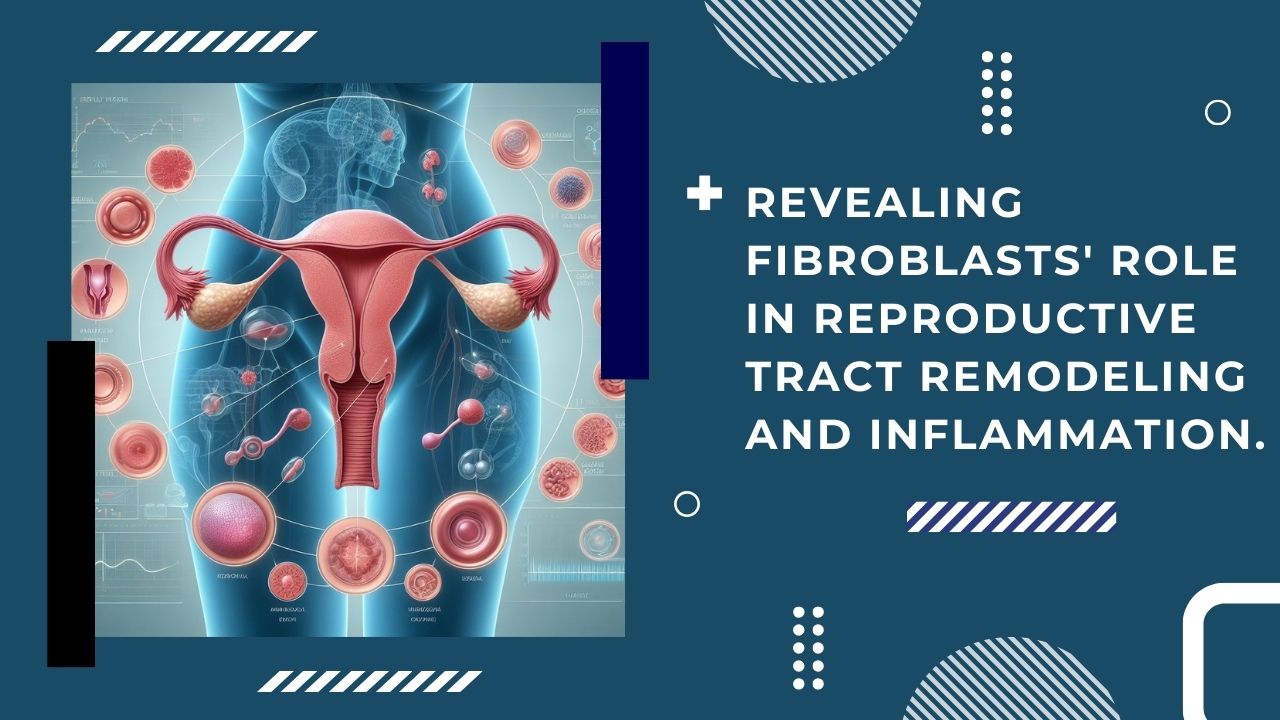
Researchers at DKFZ led by Ângela Gonçalves and Duncan Odom have systematically investigated the effects of recurring remodeling on the female reproductive tract in mice. Their study, examining gene activity and morphology at the cellular level across all reproductive organs, reveals fibroblasts’ pivotal role in controlling tissue reorganization and inflammation. The findings suggest that cyclic inflammation, orchestrated by fibroblasts, is a normal part of reproductive events but may lead to chronic inflammation and fibrosis with age. By blocking the estrous cycle, researchers observed a reduction in fibrosis progression, highlighting the potential link between menstrual cycles, inflammation, and cancer risk in humans.

